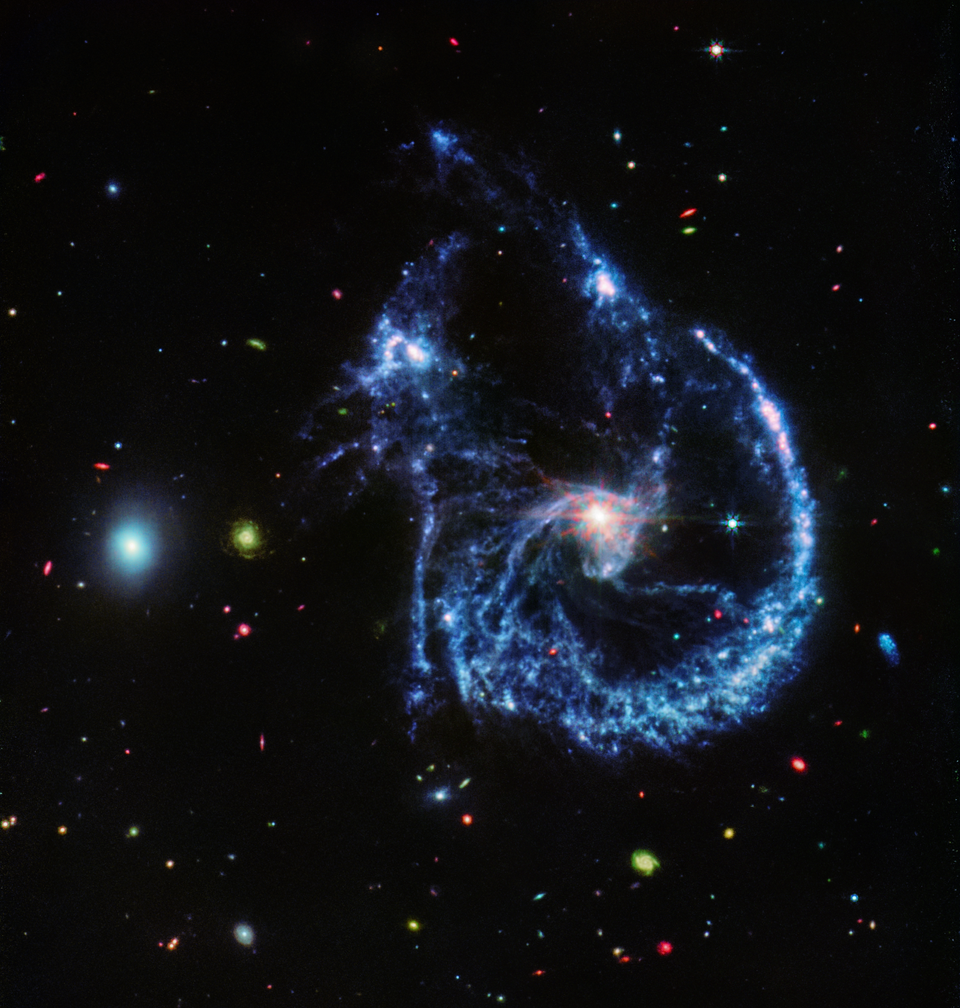Where Do We Go When We're Gone?

LISTENING: to my satisfying creamy keyboard
FEELING: inspired after hearing Ta-Nehisi Coates last night
SEEING: "HUMBLE" printed on my sweater
Nature is kinda wild. And when I say nature, I also mean the natural space above: the stars and the constellations. The image I included today is of a supermassive black hole. Doesn't its spiral look a lot like a hurricane's?
As I write this, the death toll for Hurricane Helene sits at 180 — and it's rising. By the time you read this, the number is likely to be higher. Over the next 15 years, even more people's lives are likely to end as a result of this storm. The government won't be counting anymore by then, but the scientists will.
º ⋱・♡ Donate! ♡・⋰ º
Want to help me pay photographers and writers to contribute to the newsletter? I've created an Artist Fund for anyone who wants to donate outside their regular subscriptions. Once I reach $100, I'll be able to license my first image from a photographer. Donate here. If you'd prefer to donate funds to whatever my needs may be (not explicitly the artist fund), you can donate here.
A new study published Wednesday in the journal Nature found that tropical cyclones can result in up to 11,000 excess deaths in the 15 years that follow a disaster. Babies younger than 1 year, people up to age 44, and Black folks are especially affected, per the new findings.
Welcome to Possibilities, a creative climate newsletter on the possibilities that lie where crisis meets community. I’m Yessenia Funes, and I'm digging into new research that reminds us how devastation lingers in the years that follow extreme weather events.
So what exactly are "excess deaths"? Well, they're very different from the direct deaths most of us are familiar with: someone drowning in floodwaters or getting fatally struck by falling debris. Excess deaths connect to the ways hurricanes affect other social structures — like access to healthcare or employment or housing. The researchers write in the paper that some examples can also include the loss of public funding to meet the immediate needs of a community or the loss of critical support when family members move. Such changes have ripple effects — and they can cascade into a deathly spiral.

